Fertile soil ensures plant survival
Fertile soil provides the life-supporting nutrients that the plant requires.
The most important plant nutrients are nitrogen (N), phosphorus (P), and potassium (K).
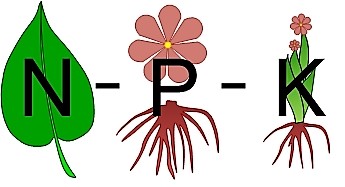
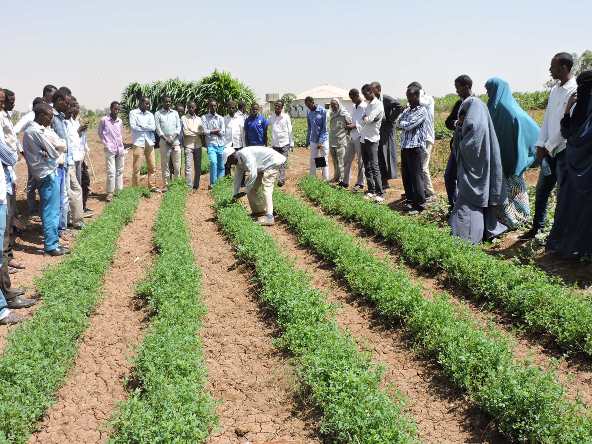
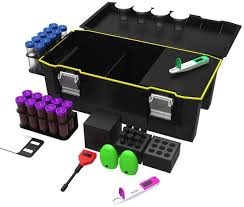
Aragsan: A Game-Changing Mung Bean Variety for Somali Farmers
We are delighted to share a momentous development in the agricultural landscape of Somalia, particularly for farmers dedicated to the cultivation of Mung bean. In a collaborative effort between the Somali Agricultural Technology Group (SATG) and its affiliated...
From Struggle to Success: Fadumo’s Remarkable Story in Mareerey Village
Mareerey is a small rural village with a population of over 800 families from marginalized communities. It is located 7 kilometers south of Afgoye city (South West State of Somalia) and 36 kilometers southwest of Mogadishu, Somalia. The village is renowned for its...
Seed Success Story – Wadani Agro Cooperative, Afgoi
Wadani Agro Cooperative stands as a testament to the transformative power of strategic support and training provided by the International Committee of the Red Cross (ICRC). Over the years, Wadani Cooperative has diligently honed the technical support offered by SATG...
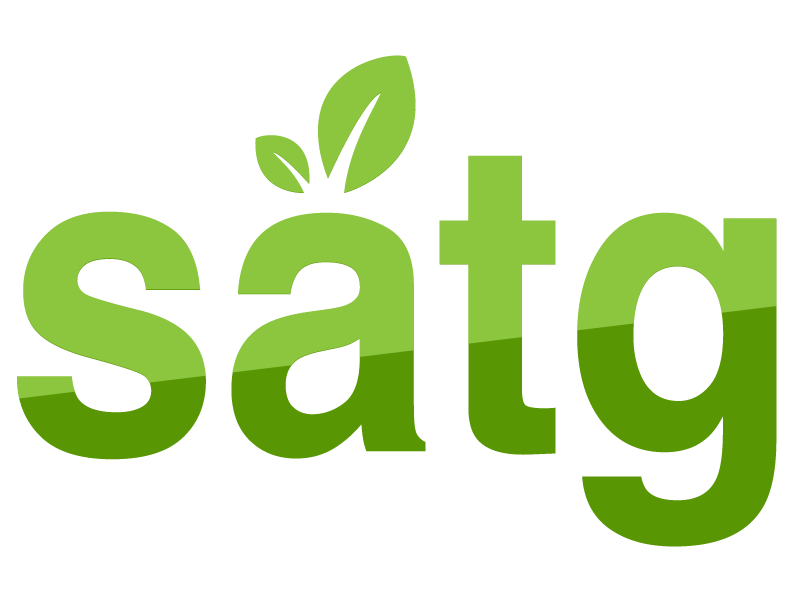
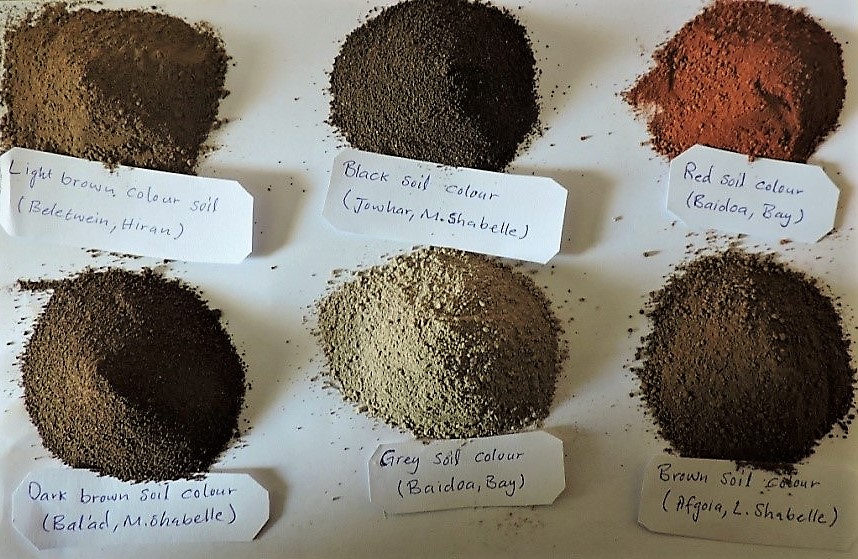
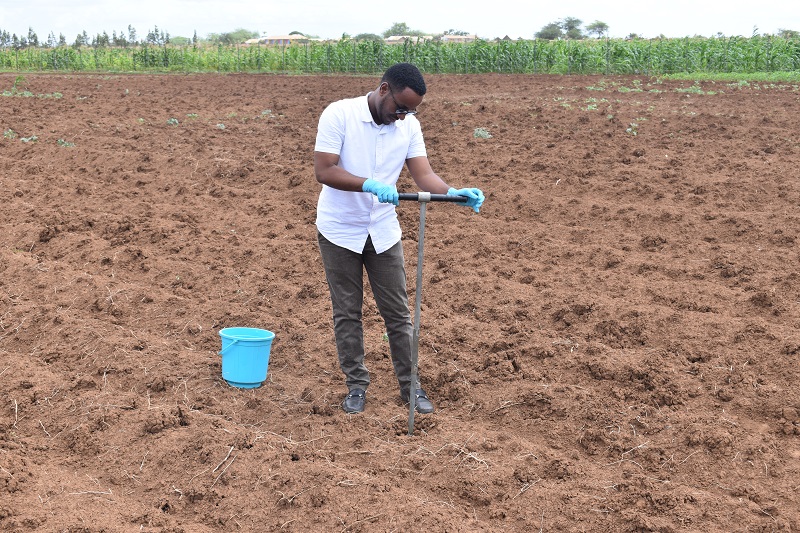
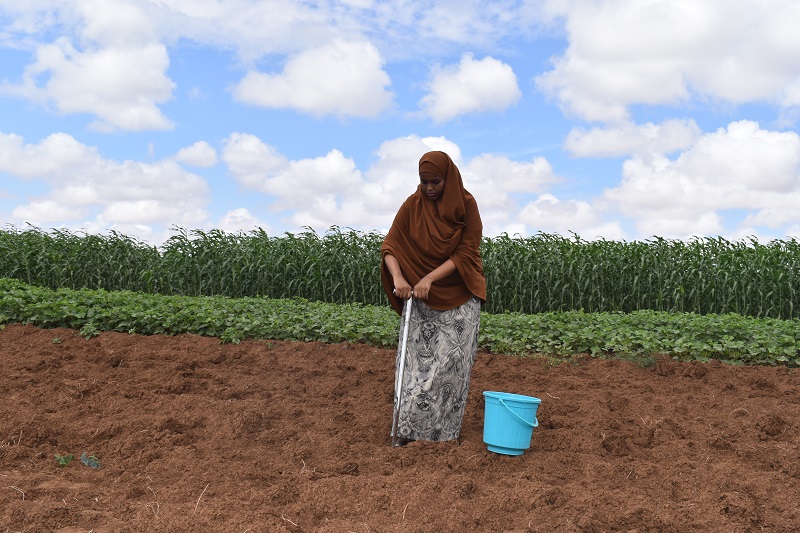
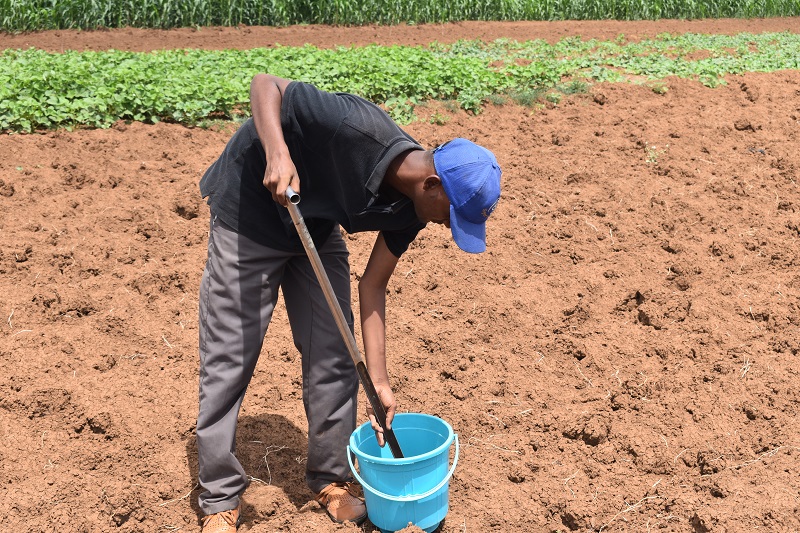
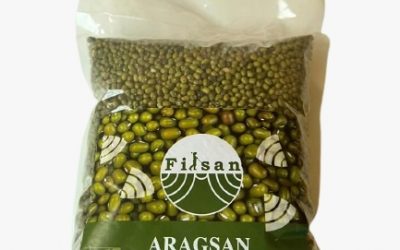
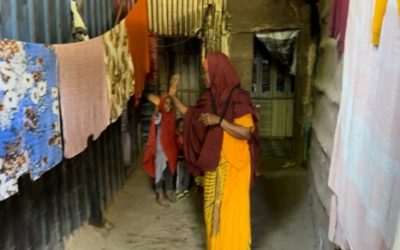
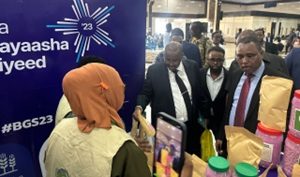


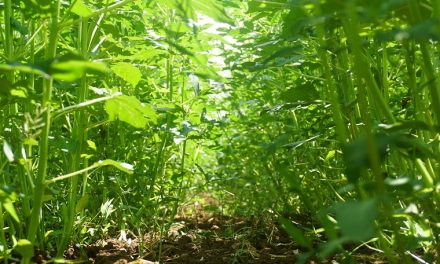
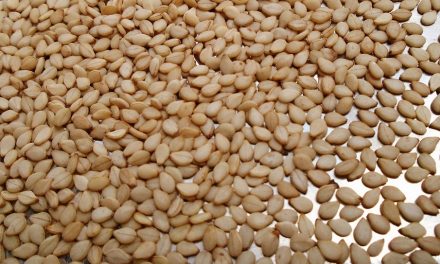
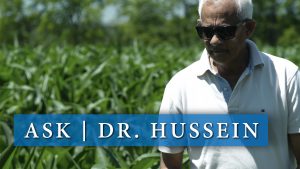
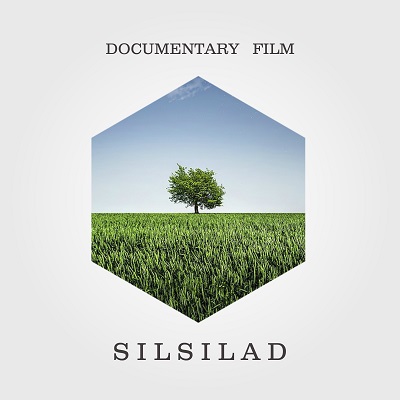
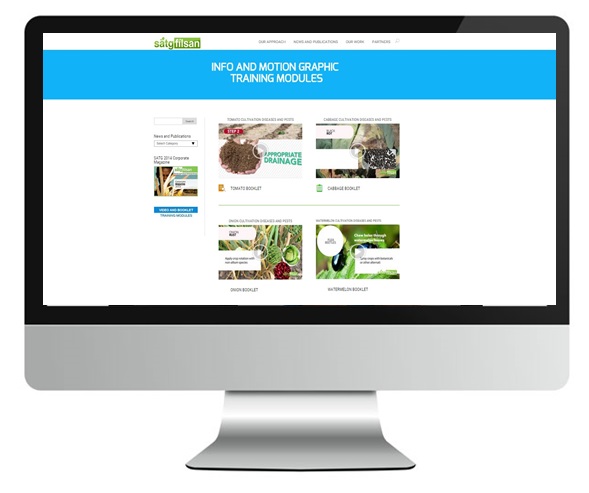
Recent Comments